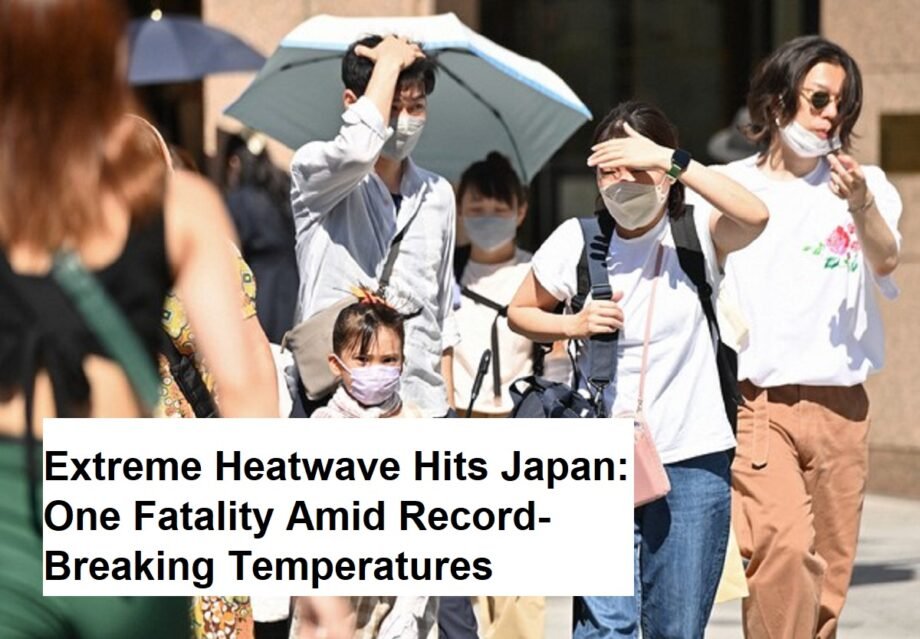Introduction
Japan is currently grappling with an intense and unprecedented heatwave that has caused severe health and safety concerns across the country. The extreme temperatures have soared to record highs, resulting in at least one confirmed death and numerous heat-related illnesses.
1. The Onset of the Extreme Heatwave
Japan has experienced one of its hottest periods in recent history as a high-pressure system has caused continuous heat, with daytime temperatures exceeding 35 degrees Celsius (95 degrees Fahrenheit) in many regions. Meteorological agencies have issued heat advisories and warnings, urging citizens to take necessary precautions to avoid heatstroke and other heat-related conditions.
2. Health Impacts and Fatalities
Tragically, the extreme heat has already claimed the life of one individual, highlighting the deadly risks posed by such weather phenomena. Hospitals and emergency services have reported a surge in patients suffering from heat exhaustion and dehydration. Vulnerable groups such as the elderly, children, and individuals with pre-existing health conditions are especially at risk.
3. Regional Effects and Environmental Concerns
The heatwave’s impact is being felt nationwide, with urban areas like Tokyo and Osaka recording dangerously high temperatures, exacerbated by the urban heat island effect. Agricultural sectors are also facing stress due to prolonged hot weather, which threatens crops and livestock, posing longer-term challenges to food security and the economy.
4. Government and Public Response
Japanese authorities are actively responding by disseminating public health information and opening cooling centers to help citizens cope with the heat. Educational campaigns emphasize hydration, limiting outdoor activities during peak heat periods, and recognizing symptoms of heatstroke. Public transportation and infrastructure are also being monitored to prevent heat-related disruptions.
5. Climate Change Context
Experts link the severity and frequency of such extreme heat events to the broader impacts of global climate change. Japan, like many other countries, is facing growing challenges in adapting to changing weather patterns. This heatwave serves as a critical reminder of the importance of climate resilience and proactive measures to protect public health and safety.
Conclusion
The extreme heatwave in Japan, resulting in fatal consequences, underscores the urgent need for widespread awareness and action. It affects not only immediate safety but also raises broader questions about climate adaptation strategies. Understanding the situation helps individuals and communities prepare better and informs policymakers to implement effective responses, ensuring the well-being of the population amidst increasing environmental challenges.








